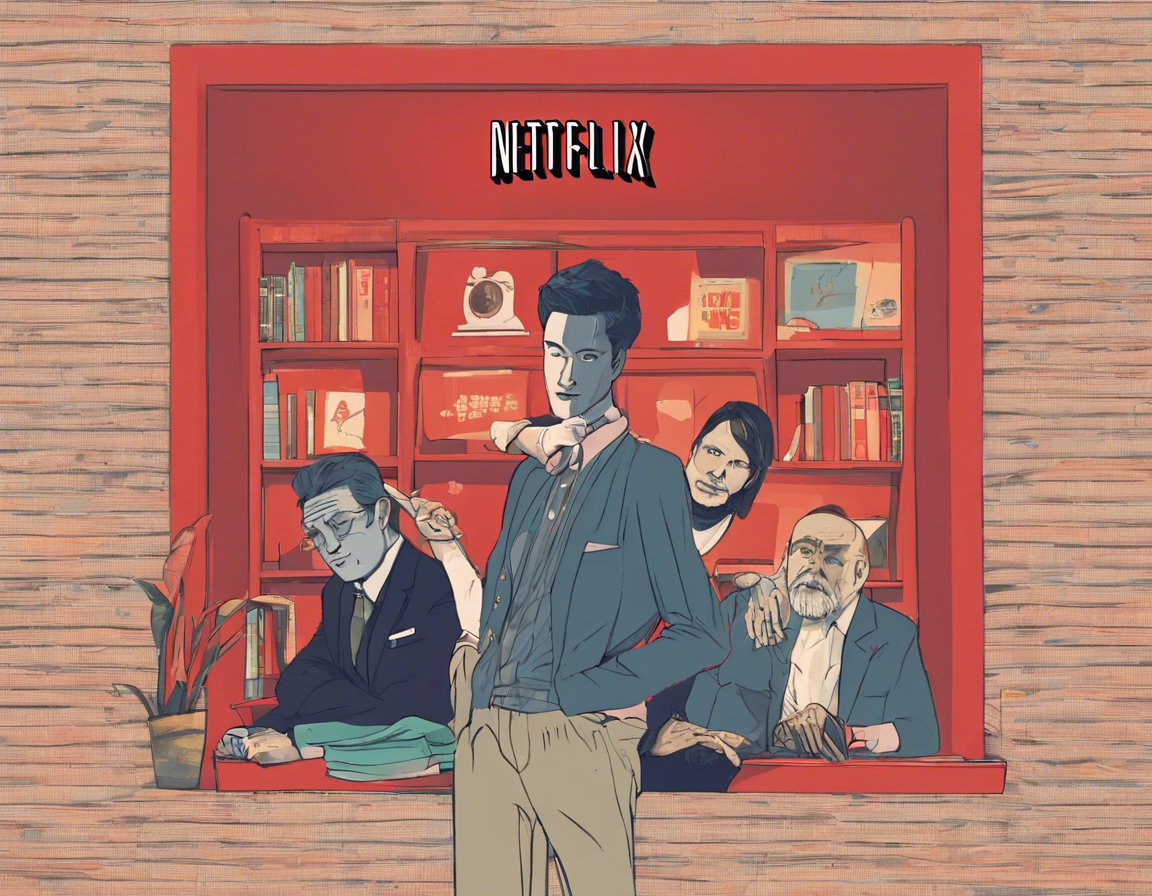With its extensive library of content and worldwide popularity, Netflix has become a household name in the entertainment industry. But who actually controls this streaming giant? In this article, we will delve into the ownership structure of Netflix, looking at key stakeholders, shareholders, and the overall control of the company.
The Evolution of Netflix
Founded in 1997 by Reed Hastings and Marc Randolph, Netflix started as a DVD rental service, disrupting the traditional video rental business model by introducing a subscription-based, mail-order service. Over the years, Netflix evolved into a streaming service, leveraging the advancements in technology and internet connectivity to offer on-demand content to its subscribers.
Reed Hastings: The Co-Founder and Current CEO
Reed Hastings has been a central figure in the rise of Netflix. As one of the co-founders, Hastings has played a key role in shaping the company’s vision and strategy. Not only is he a co-founder, but he has also been serving as the CEO of Netflix for several years. His leadership and innovative thinking have been instrumental in Netflix’s global success.
Shareholders and Stakeholders
As a publicly traded company, Netflix has a diverse group of shareholders and stakeholders who have a financial interest in the company. Some of the key stakeholders include:
Institutional Investors
Institutional investors such as asset management firms, pension funds, and hedge funds hold significant stakes in Netflix. These investors play a crucial role in shaping the company’s corporate governance and long-term strategy.
Individual Shareholders
Individual investors who own shares of Netflix also have a stake in the company’s performance and direction. With a growing base of individual shareholders, Netflix has a widespread ownership structure.
Board of Directors
The board of directors of Netflix is responsible for overseeing the company’s management and strategic decisions. They represent the interests of shareholders and work to ensure that the company is on the right path to sustainable growth.
Key Executives
In addition to Reed Hastings, Netflix has a team of key executives who are responsible for overseeing various aspects of the company’s operations. These executives play a vital role in driving innovation, content acquisition, technology development, and global expansion.
FAQs:
1. Who owns Netflix?
Netflix is owned by a combination of institutional investors, individual shareholders, and key executives, with Reed Hastings being a significant stakeholder as a co-founder and CEO.
2. Is Netflix a publicly traded company?
Yes, Netflix is a publicly traded company listed on the NASDAQ stock exchange under the ticker symbol “NFLX.”
3. Do the original founders still control Netflix?
While Reed Hastings, one of the original founders, remains actively involved in Netflix as the CEO, the company’s ownership is diversified among various shareholders and stakeholders.
4. Can I buy shares of Netflix?
Yes, shares of Netflix can be purchased through a licensed brokerage firm or online trading platform.
5. How does Netflix make money?
Netflix generates revenue through subscription fees paid by its subscribers. The company offers different subscription tiers with varying features and pricing.
6. Who decides what content is available on Netflix?
Netflix has a team of content executives and analysts who decide on the acquisition, production, and licensing of content for its platform. This decision-making process is guided by data analytics and viewer preferences.
7. Is Netflix owned by a larger media conglomerate?
Unlike some other media companies, Netflix operates as an independent entity and is not owned by a larger media conglomerate. The company has its own unique business model and content strategy.
8. What is the future outlook for Netflix as a company?
The future of Netflix will likely be shaped by factors such as competition in the streaming market, content acquisition strategies, technological innovation, and global expansion efforts. The company continues to adapt to changing consumer preferences and market dynamics.
9. How has Netflix’s ownership structure evolved over time?
Since its inception, Netflix’s ownership structure has evolved with the company’s growth and transition from a DVD rental service to a leading streaming platform. The involvement of various stakeholders has influenced the company’s strategic decisions and direction.
10. Are there any major controversies surrounding Netflix’s ownership or corporate governance?
While Netflix has faced some controversies related to content decisions and business practices, the company’s ownership and corporate governance have generally been viewed as transparent and in line with industry standards. Like any large corporation, Netflix is subject to scrutiny from regulators, investors, and the public.
In conclusion, the ownership of Netflix is a dynamic mix of institutional investors, individual shareholders, key executives, and the board of directors, with Reed Hastings playing a pivotal role in leading the company forward. As Netflix continues to innovate and expand its global footprint, the dynamics of its ownership structure are likely to evolve further in the ever-changing landscape of the entertainment industry.
